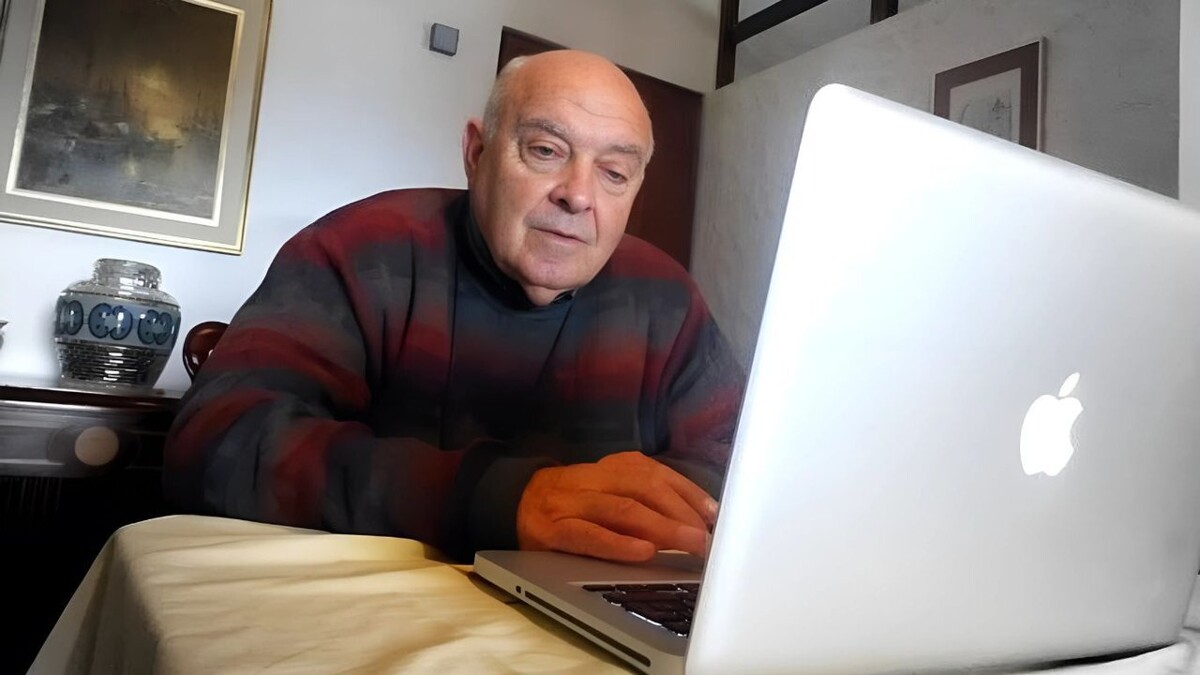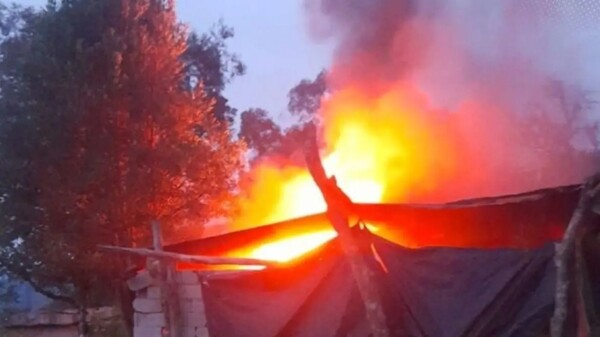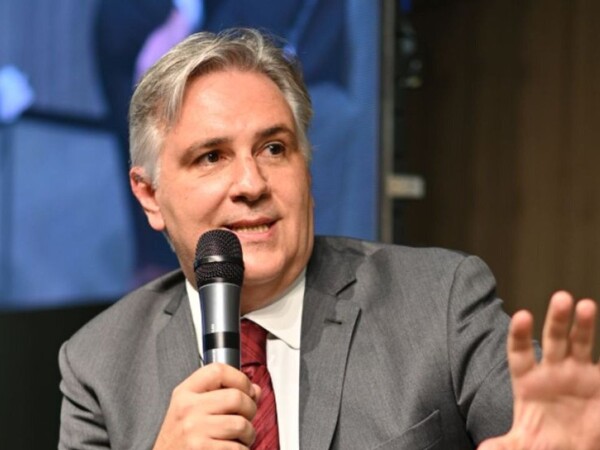
Former Economy Minister Domingo Cavallo published an analysis of President Javier Milei's resounding victory in the midterm elections, which, in his opinion, 'opens the possibility that the next two years will be of stability, reactivation, and sustained growth.' However, Cavallo used his platform to pressure the government and demand a deeper advance in monetary, exchange rate, and financial matters, criticizing the 'monetary, exchange rate, and financial policy as little liberal as the one that had existed uninterruptedly since 2002.' 'Signals' from Bessent and criticism of the exchange rate controls Cavallo interpreted the support of Donald Trump and Scott Bessent (the fund that operates the bonds to lower the country risk) as a boost to 'reopen Argentina's access to the international capital markets.' Nevertheless, the former minister pointed out a contradiction in the current strategy: the use of resources from the Exchange Rate Stabilization Fund to support the value of the peso against the dollar. For Cavallo, this intervention, 'a sort of continuity with funds from the American Treasury of the Argentine economic team's strategy of maintaining the exchange rate clamp on companies,' appears as 'contradictory with the objective of consolidating the decrease in country risk.' Convertible peso and dollar as legal tender The economist argued that 'it is very difficult for those who have to make investment decisions in the real economy to be convinced that freedom is advancing in the Argentine economy if the convertibility of the peso continues to be limited by capital movement restrictions and the dollar is denied the status of legal tender.' Cavallo proposes a series of measures that refer to his management in the '90s: Eliminate all exchange rate restrictions: Allow the free movement of capital. Dollar as legal tender: 'Give the dollar virtually the character of legal tender,' so that 'any monetary or financial transaction would enjoy legal security.' Law of Congress: He proposes that these provisions 'must have at least the hierarchy of a law of Congress,' and that they be discussed 'simultaneously with the 2026 budget project.' He concluded his writing by stating that 'the results of the October 26 election allow the government to re-energize and move towards constructive dialogue.' He trusts that 'the discussions with the US Treasury Secretary and the renegotiation of the agreement with the IMF, together with what President Milei may have retained from the monetary ideas he preached during the 2023 electoral campaign, will lead the government to organize a monetary, exchange rate, and financial system based on the convertibility of the peso and the legal tender of the dollar.' If that happens, he predicted that 'it is possible that in 2026 the same results that the Menem government achieved from April 1991 will be achieved: sustainable fall in the inflation rate until it disappears and vigorous reactivation of the economy.' 'I am optimistic' Despite his criticisms, Cavallo showed himself to be 'optimistic.'














